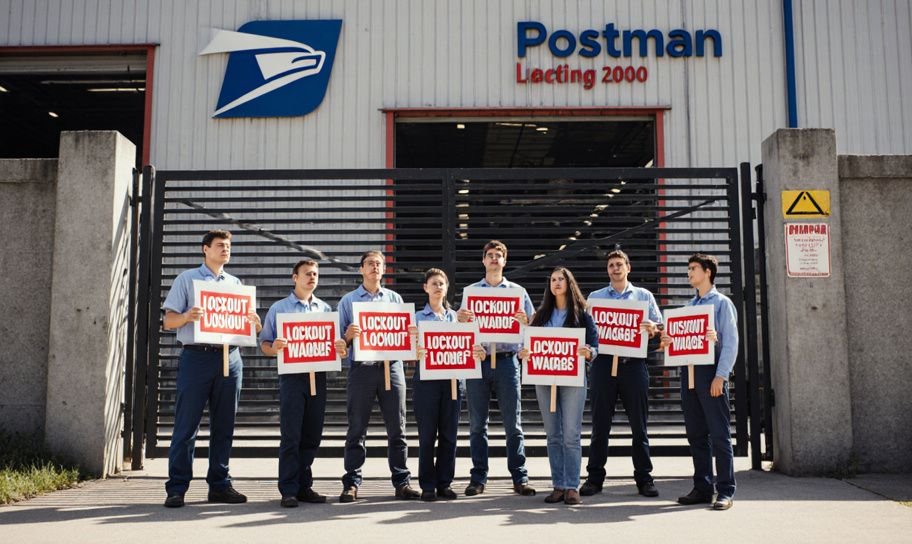
The Bombay High Court recently made a decision in a long-standing case involving the Court Receiver and the Mumbai Labour Union. The case was about breaking up a partnership business and whether its workers should get paid and receive other benefits.
M/s. Ahmed Oomarbhoy, a partnership business, was well-known for its "Postman" brand of cooking oil. However, disagreements among partners led to a decision to break up the business. The firm employed over 500 people, including 230 permanent workers, who were represented by the Mumbai Labour Union.
In December 2000, the High Court appointed a Court Receiver to manage the company's assets. The Receiver was responsible for selling the assets, as the partnership was to be dissolved. This decision left the workers in a tough spot, as the factory operations were stopped.
"The workers were locked out of the factory from September 2001," the Mumbai Labour Union claimed.
The Mumbai Labour Union filed complaints asking for wages and the reopening of the factory. The Industrial Court ruled in their favor, ordering the payment of wages from January 2002 with 6% interest and allowing workers to return to the factory.
The Court Receiver disagreed with this decision, arguing that running the factory wasn't possible. The High Court had originally ordered the sale of assets—not the continuation of business.
Justice Sandeep V. Marne delivered the final judgment. The High Court overturned the Industrial Court's decision, stating that the business had effectively ended with the breakup notice and the Receiver's appointment. Therefore, the requirement for closure under the Industrial Disputes Act didn't apply.
While the court denied the workers' claim for wages, it recognized their right to closure compensation and gratuity.
"Permanent workers should receive closure compensation and gratuity with 6% interest from January 2002," the court ordered.
The petition was partly allowed. Workers were denied wages but granted closure compensation and gratuity. This decision highlights the complexities of labor laws and the challenges faced by workers in dissolved partnerships.